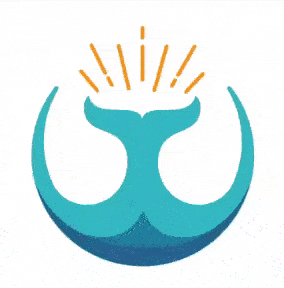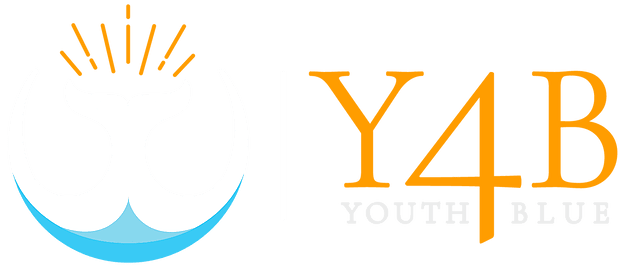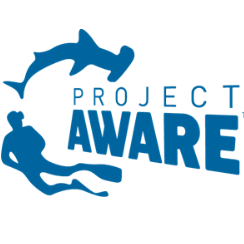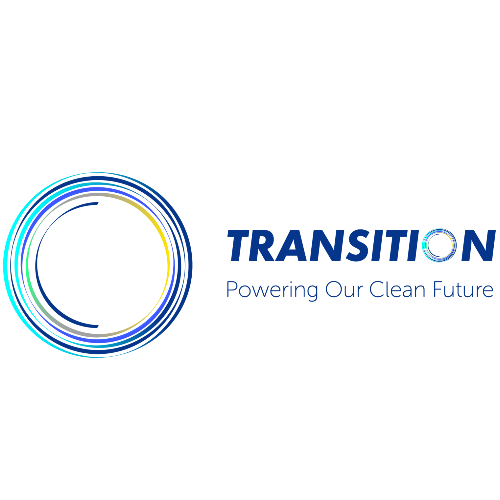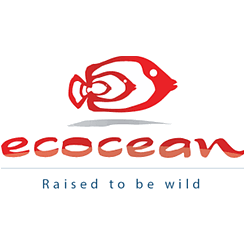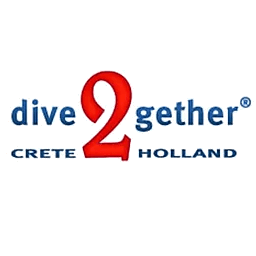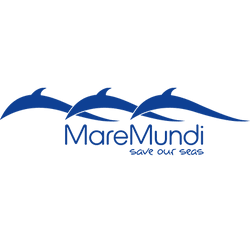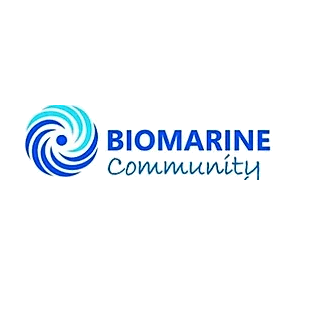The Blue Economy is the new buzzword in sustainability circles. Much like the green economy, circular economy or sustainable financing, which strive for environmentally-responsible production and consumption of goods, the Blue Economy promotes sustainable production and consumption by taking a leaf out of nature's book. In nature, natural resources are used efficiently and waste products are recycled in the environment. Everything, even waste products such as urea that is excreted by organisms or carbon dioxide that is exhaled, serves a purpose in nature and is recycled or reused by something else.
Gunter Pauli, author of the book, The Blue Economy, proposes numerous suggestions for living in harmony with nature and achieving sustainable production to reduce out impact on the Earth. His key principle is to mimic nature through efficient resource use and minimizing waste or reusing it to produce something else, as outlined below.
Buy Locally Grown and Locally Produced Products
If we consume locally produced resources, much like wild animals do when they forage for food or hunt their prey, we are not only no longer dependent on environmentally destructive intensive agriculture for our food production, but also cut out the extensive supply chains and transportation networks that are responsible for greenhouse gas production and other environmental harm.
Recycling all Waste Generated for Reuse
In natural ecosystems, nothing goes to waste. Food that is discarded by one animal is eaten by another or it is broken down by microorganisms, returning nutrients back into the soil. If we follow this principal and view waste as a valuable resource that can be used to produce something else, nothing will go to waste. There are already innovative initiatives that utilize waste as a valuable resource, including turning plant waste from agriculture into biofuel or converting organic waste, animal manure or sewage into biogas. By creatively finding solutions to recycle the waste we generate, we can substantially minimize waste.
Only Produce and Consume Products that are Essential
The Blue Economy strives to reduce the volume of unessential products that we produce and consume. Much of the waste that is generated is either the result of overproduction or the production of products that are not essential to our wellbeing and which are therefore readily discarded. By making a concerted effort to produce and consume only what is necessary to sustain us, we will put less pressure on natural resources, generate less waste, and ultimately live in harmony with nature much like wild animals do.
How Does the Blue Economy Differ from the Green Economy or Circular Economy?
In principle, the blue economy doesn't differ much from the green economy or circular economy. They all aim to improve the sustainable use of natural resources. The key difference is that unlike the green economy, where either the companies that produce sustainable products or the consumers of those products have to pay a higher price to produce or use those products, it doesn't cost more to produce or use sustainable products.
The Blue Economy and the Ocean
Often, the 'Blue Economy' refers to ocean-related activities that generate economic benefits, for example, fisheries, seabed mining, recreational activities and tourism. The World Bank defines the 'blue economy' — which is worth $2.5 trillion a year — as the "sustainable use of ocean resources for economic growth, improved livelihoods, and jobs while preserving the health of ocean ecosystem." However, in order to align with the principals outlined in Gunter Pauli's book, these activities should be pursued and managed in a sustainable manner with as little impact as possible on the marine environment.
International policy-makers are beginning to realize the true value of the oceans and the 'blue economy', and the need to protect these valuable resources. The Lisbon Declaration, is a commitment signed by 150 countries, to act "decisively and urgently to improve the health, productivity, sustainable use and resilience of the ocean and its ecosystems."
Regardless of whether the focus of the Blue Economy is on mimicking nature or on ocean-based economic activities, the goal is always the same: to tread lightly and minimize the environmental impact of our activities and our consumption of resources produced by these activities.
Sources
https://www.santander.com/en/stories/blue-economy
https://www.weforum.org/agenda/2022/08/financing-sustainable-blue-economy/
https://www.weforum.org/agenda/2022/08/blue-economy-oceans-eastern-caribbean-climate-change
